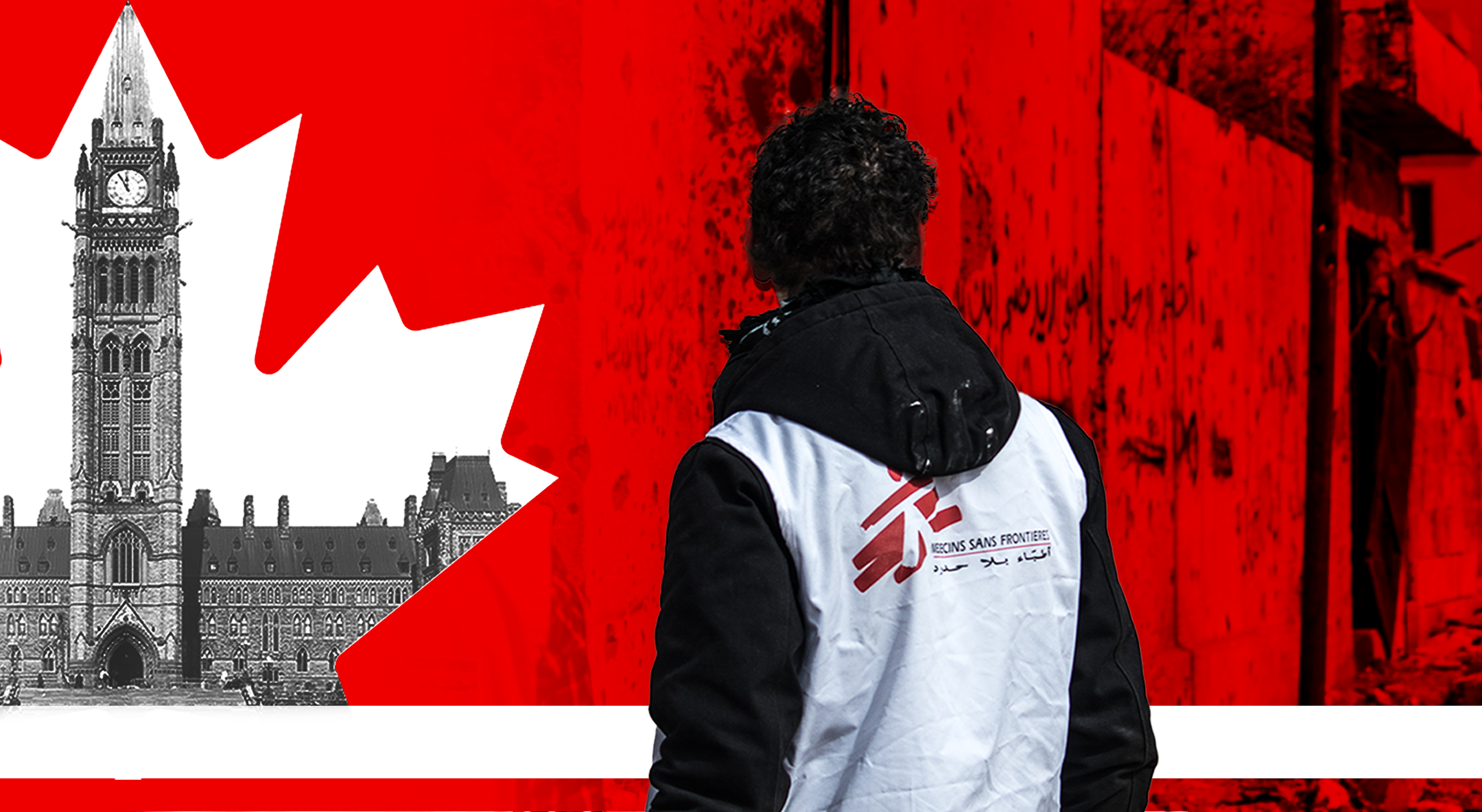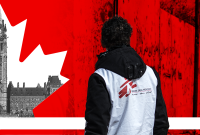MSF welcomes humanitarian exemption to Canadian counterterror laws
On June 15, 2023, the Canadian Government passed legislation that included an exemption for humanitarian assistance in counterterror finance laws that have been in place in the country since 2001. Over twenty years later, this humanitarian exemption removes the risk that Canadian humanitarians could find themselves facing criminal charges while supporting people in crisis settings.
The humanitarian exemption is stipulated in an amendment within Bill C-41 – legislation that was introduced in March 2023 by the Canadian Government with the intention to help facilitate humanitarian action in places where Canada’s counterterror laws apply. However, Doctors Without Borders/Médecins Sans Frontières (MSF) and other humanitarian organizations argued that the first iteration of this legislation – which did not explicitly exempt humanitarian action – could have inadvertently curtailed and slowed essential emergency responses in situations of urgent need by requiring organizations to first seek permission from the Canadian government before doing so. The humanitarian exemption in the amended legislation that passed today avoids this in a manner consistent with International Humanitarian Law (IHL).
“The humanitarian exemption in the amended version aligns Bill C-41 with IHL and avoids the potentially crippling authorization process that humanitarians would otherwise have been subject to,” said MSF Executive Director Joseph Belliveau during an oral statement to the Senate on June 12. “MSF supports this self-executing humanitarian exemption within Bill C-41, which recognizes that humanitarians can deliver life-saving care without seeking permission for what we are meant to do and already have the legal right to do.”
Since March, MSF and other humanitarian organizations called for the humanitarian exemption to Canadian counterterrorism financing laws in statements to the Canadian Senate, to Parliament through the Standing Committee on Justice and Human Rights, and to G7 Leaders ahead of this year’s G7 Summit in Japan.
The humanitarian exemption in Bill C-41 brings Canadian counterterror legislation consistent with similar provisions by countries like Australia, Switzerland and the UK, all of which have humanitarian exemptions to provisions in their counterterror laws. Yet beyond these countries, overly restrictive counterterror legislation in many other places remains a challenge for humanitarians responding to complex emergencies. As detailed in MSF’s 2021 report, Adding Salt to the Wound, counterterrorism laws and practices around the world inhibit healthcare for people in crises and contribute to serious safety risks to humanitarian staff already working in difficult settings.
“MSF’s advocacy on this issue is guided by the intention to protect principled humanitarian action, namely the principles of impartiality, neutrality and independence that steer us to provide assistance whenever, wherever and to whoever needs it,” said Jason Nickerson, MSF’s Humanitarian Representative to Canada. “Canada’s inclusion of a humanitarian exemption in Bill C-41 demonstrates that governments can and must protect impartial humanitarian assistance alongside its counterterror considerations.”












